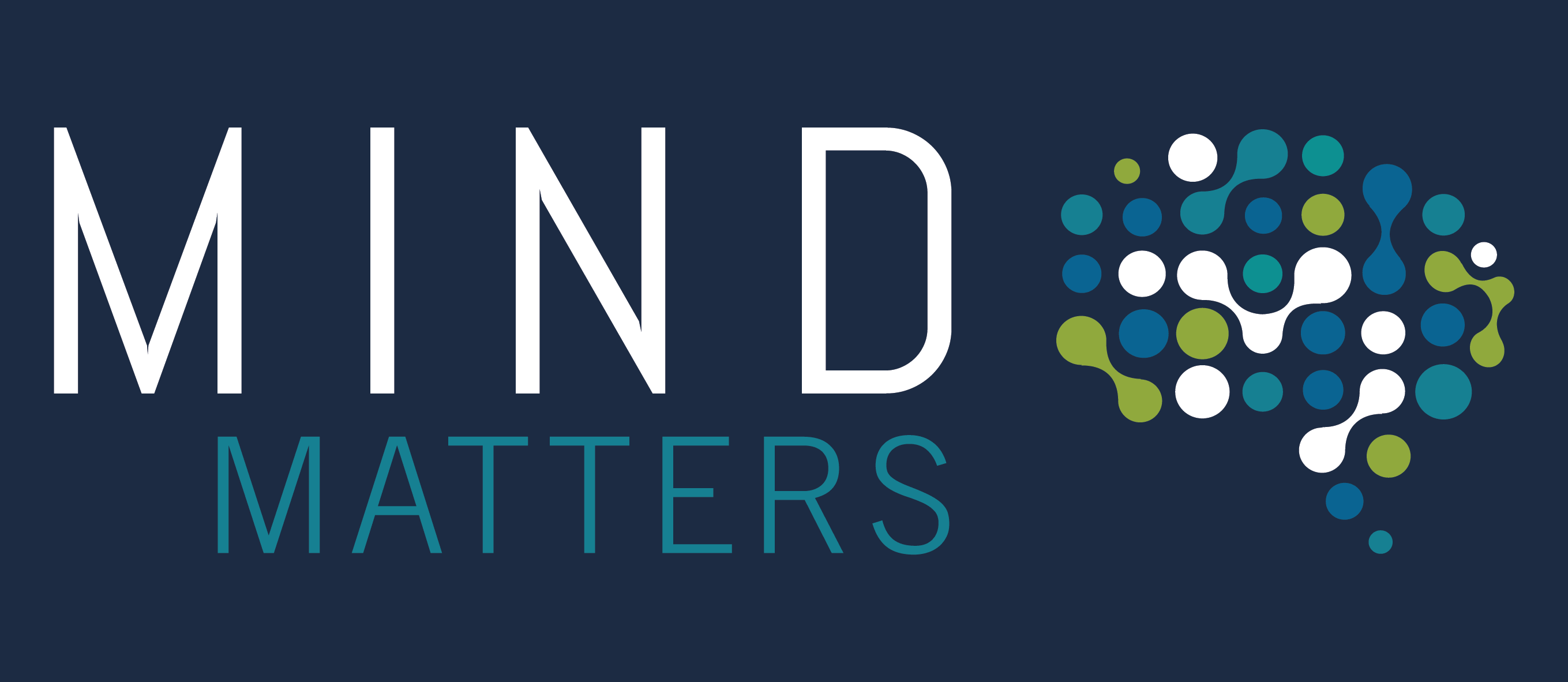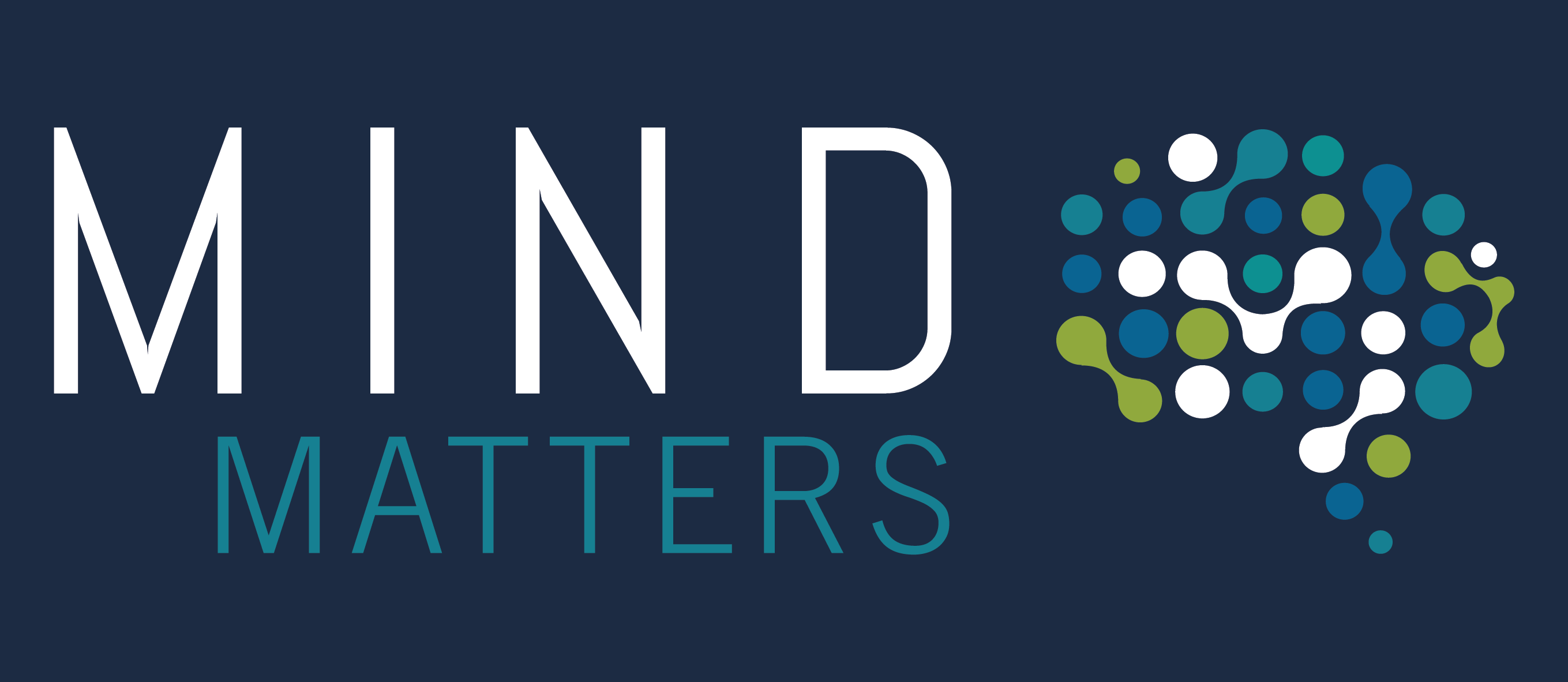

Smooth sailing: how measuring resilience can help you stay on course
Smooth sailing:
How measuring resilience can help you stay on course
BY: DR. MERET CEPERO MALO | January 17, 2024
The Personal Resilience Indicator (PRI) is a scientifically validated psychometric for measuring and enhancing individual, team, and organisational resilience. It offers a scientific foundation based on neuroscience and assesses resilience across six domains: Health, Purpose, Problem Solving, Perseverance, Composure, and Relationships. As such, it gives a real-time snapshot of strengths and areas for development, facilitating targeted interventions and training to enhance resilience and well-being.
In this article, Dr Nadine Sinclair, Managing Director of Mind Matters and one of the scientific brains behind the Personal Resilience Indicator, talks with Dr Meret Cepero Malo, neuroscientist and Medical Writer, about her personal experiences with the PRI.
Nadine Sinclair: Meret, thank you for meeting today to discuss your experiences with the Personal Resilience Indicator, which we also fondly call the PRI. Let’s start with a brief intro. Can you share a little about yourself and tell us what motivated you to take the PRI?
Meret Cepero Malo: Nadine, thank you for taking the time to meet, and I appreciate your insightful first question. I’m excited to share a bit about what led me to take the PRI. To provide some context for our readers, I first learned about the Mind Matters trainings while pursuing my PhD in a research lab that focuses on the metabolic aspects of neuroplasticity. Shortly after joining that lab, the onset of the COVID-19 pandemic brought significant changes to our lives and, of course, also impacted the dynamics at our research institute. During the second lockdown period in Germany, I was experiencing a lot of overwhelm in the lab – this prompted me to enrol in the agile project management course “Fast Forward“.
My initial goal was to learn more about project management and productivity techniques. Through “Fast Forward”, I discovered that while getting better at managing my time was crucial for reducing my stress levels, learning how to manage my emotional states seemed to play an even bigger role. This realisation motivated me to explore the Resilience Training for Researchers, which is designed to delve into the ‘hidden layers’ of resilience. In my current role as a Medical Writer, I can feel the impact the resilience training has had on me – especially concerning how I approach stressful situations and navigate work life in general.
Nadine Sinclair: As a neuroscientist, I can imagine you were curious about the design and workings of the PRI. What specific aspects or concepts of the PRI piqued your professional interest?
Meret Cepero Malo: Indeed, given my background in neurobiology and cognitive neuroscience, I was extremely curious about the components of the PRI. What piqued my interest the most was the number of domains considered in the PRI, as opposed to other psychometric instruments. I was surprised to read about the fact that a “gold standard” for resilience indicators is yet to be developed and that many instruments don’t take lifestyle factors like physical health or sleep quality into account when measuring resilience.
To me, these areas are very important because the mind (and therefore our mental health) is rooted in our brain’s ability to perform its myriad of functions. For instance, considering that sleep is one of the central pillars of our health, it seems kind of weird that this factor isn’t one of the first things a resilience questionnaire asks you about. Personally, I can always feel the consequences of a bad night of sleep well into the next day(s), that’s why I try to go to stick to my bedtime and morning routines as much as possible.
Nadine Sinclair: Going into your 1-1 debrief with Paul, what were your initial thoughts or expectations?
Meret Cepero Malo: I think I can speak for most researchers when I say that even a questionnaire that explicitly states it’s just a ‘snapshot in time’ and ‘not really a test’ can still spark some performance anxiety. A big part of navigating academia is placing really high expectations on yourself, to kind of prepare yourself for the high-stakes evaluations that researchers frequently face.
Going into my debrief, I felt a little nervous to receive my results. For context, I took the PRI a few months post-graduation. Struggling to complete a PhD program amid the ups and downs of the pandemic had taken a huge toll on my mental health and left me feeling depleted. If you had asked me about my “resilience score” around that time, I would have expected to score really low in comparison to other test takers. In the months after graduation, I re-started my gym routine, spent quality time with my loved ones and tried to “get better”. Before my debrief with Paul, I was mostly hoping to see the positive effects of this period of rest and restoration and to at least land somewhere in the middle field.
Nadine Sinclair: Can you briefly describe the 1-1 debrief process and how Paul helped you interpret your PRI results?
Meret Cepero Malo: The 1-1 debrief was way more interactive than I expected. At the beginning, Paul asked me a few questions about how I felt the day I took the PRI. This was important because the PRI is, indeed, a ‘snapshot in time’. How you feel on the day of filling out the questionnaire can impact how you relate to the questions and this, in turn, could affect your results.
The remainder of the debrief was dedicated to the so-called ‘sailboat metaphor’: I was to imagine my life as a journey on a sailboat – me being the captain of said sailboat, of course. The different elements of the PRI represented elements of my boat. As captain, I was not only in charge of managing these aspects, but also had to keep the boat on course and maintain relations with other captains. This playful approach made the debrief a lot easier for me. I think that looking at myself as the metaphorical captain of an entirely imaginative sailboat gave me the distance I needed to be honest with myself and not feel like I was being evaluated or graded. Paul did a really good job of guiding me through the different areas of the PRI while exploring how I related to them. This way, there was a balance between my self-perception and the revealing of the numerical PRI results.
Nadine Sinclair: Were there any surprises in your results, and which domains or drivers did you find most insightful?
Meret Cepero Malo: Certainly, there were a few parts of my PRI results that I found surprising. For example, my score was much higher than I had expected. Especially in the Lifestyle driver of the Health domain, I could already see the impact of the training routine I had established since graduating.
Another surprise was my result in the Purpose domain. Without context, I would not have known what to do with that specific result – however, when Paul and I went into more detail, we were quickly able to figure out the most likely contributor. What I found very insightful was to see how deeply intertwined our sleep quality is with other factors considered in the PRI.
Nadine Sinclair: How did the 1-1 setting influence your learning and reflection process as opposed to just receiving and reading the report with your results?
Meret Cepero Malo: I think overall, the 1-1 setting helped me to put things into perspective. For example, the personal debrief allowed me to identify the main area I wanted to work on during the course – Emotional Literacy. What’s more, by reflecting on the PRI domains before receiving my results, I could bring awareness to how I felt about certain habits or situations and connect the dots in ways that would have been difficult to achieve on my own. For instance, I probably would have rated my scores in the Purpose domain higher than they ended up being – it was cool to just look at that result with curiosity rather than jumping to conclusions, something I surely would have done if I had just received and read the report.
Nadine Sinclair: Reflecting on the debrief, how do you feel it has impacted your understanding of resilience and your life?
Meret Cepero Malo: If I think back to the 1-1 debrief, I would say that it was extremely important to have a guided starting point and identify the areas I wanted to focus on during the training. Most importantly, I felt empowered to take meaningful steps towards expanding my resilience rather than being overwhelmed by the details of the PRI results. At the beginning of the training, I remember being utterly shocked at how bad I was at labelling and actually feeling my emotions, for example. Improving my Emotional Literacy was one of the main learning goals I set for myself – being able to identify this area as a promising opportunity for growth is something I would attribute to the personal debrief.
Nadine Sinclair: You also had the unique opportunity to experience a group debrief as part of the 9-week Resilience Training for Researchers. What were your expectations from the group setting after having already experienced your 1-1 debrief with Paul?
Meret Cepero Malo: I expected the group debrief to be a little less personal than the 1-1 debrief, of course, but was eager to hear stories from other participants and see the averaged PRI results of the attending researchers. Specifically, I was curious to see if any patterns would emerge, considering that many participants were working in different fields, different institutes, and different contexts – the biggest common thread seemed to be our shared research experience.
Nadine Sinclair: How did the dynamics and experience of the group debrief compare to your 1-1 session?
Meret Cepero Malo: It was really nice to do the debrief with other participants because Paul managed to translate the sailboat metaphor in such a way that it also worked well in the group debrief setting. In the 1-1, I picked individual pictures to match my self-assessment to the state of my sailboat. Here, everyone could annotate their pick on the screen, so we all had visual feedback on where the others had placed themselves. Getting to talk to other participants during social ‘breakout sessions’ also made it easier to be vulnerable for the remainder of the workshop. I would say the biggest difference in dynamics was that while the 1-1 debrief is an inward-focused reflection, the group debrief also adds some external feedback and provides a different type of context for your inward reflection.
Another big aspect of the group debrief was the clear pattern in the group’s averaged starting scores: things looked pretty dire. While you always hear about the mental health crisis in science, and a 2018 study showed that graduate students are six times more likely to experience depression and anxiety than the general population1, it’s bizarre to see those numbers not as anonymous data points but as real people in your Zoom meeting. I think that’s the part that I find most heart-breaking: to know that behind every single one of those studies are thousands of individuals who went into science or medicine to help people and ended up being so burnt out by academia that they could barely keep themselves afloat in the process.
Nadine Sinclair: During the group debrief workshop, were there any discussions or shared experiences that particularly altered or deepened your understanding of resilience?
Meret Cepero Malo: While filling out the PRI questionnaire and taking stock of my current situation, I sometimes felt like maybe I was the only one who had massively struggled in a research setting. Even though I technically knew that experiencing rough patches in your PhD or Postdoc was normal (or normalised), it was eye-opening to see just how pervasive high stress levels and poor mental health are in the research realm. What really stuck with me was the introductory round from the tutors. To hear them speak about previous Resilience Trainings and tell us about the changes they had implemented since first starting to grow their resilience, was really motivating. Something that stood out to me was that, irrespective of how many times the tutors had already taken the training, they all seemed to be learning something new each class.
Nadine Sinclair: How did participating in the group debrief contribute to your journey of building your resilience after the workshop?
Meret Cepero Malo: Above all, it made me feel less alone. The Resilience Training community was by far the biggest gift while embarking on my resilience journey. I absolutely loved the exchanges I had with other participants, and I feel like that first debrief brought all of us closer together. I would say that it really lowered the threshold for vulnerability and that made all the difference at later stages of the 9-week-long Resilience Training.
Nadine Sinclair: Having experienced both the individual and group debriefs, how do you think they complement each other in understanding and developing resilience?
Meret Cepero Malo: Overall, I think the 1-1 debrief and the group debrief complement each other really well – especially since the Resilience Training is specifically designed for groups. Like I mentioned earlier, I feel like the 1-1 experience can be beneficial for identifying which areas are most pressing to you and what you would like to focus on during your Resilience Training. The group debrief, and social nature of the training ensures that you actually keep at it, do the exercises and learn to transform your responses to triggers and stressful settings. Without the group and the course structure, I would’ve probably gotten stuck somewhere in the middle of the Resilience Training.
Nadine Sinclair: Who would you recommend The Personal Resilience Indicator to and why?
Meret Cepero Malo: Honestly, I would recommend the Personal Resilience Indicator to everyone. I know that sounds very unspecific, but if I learned one thing from the Resilience Training, it’s that virtually everyone struggles with limiting core beliefs, cognitive distortions, or overwhelming emotions sometimes. Combine this universal experience with the high-stress environments most people exist in, sprinkle in some pressure from institutions that often make individuals feel like they’re at fault for systemic issues, and the occasional mental breakdown almost seems inevitable. I think that given how stigmatised talking about mental health was (and still is), every person could benefit from the Resilience Training.
Nadine Sinclair: Any closing thoughts or advice you’d like to share with our readers about resilience and personal development?
Meret Cepero Malo: I think the best piece of advice I could give to those reading this is to remember that you are not alone and to be patient with yourself. Learning how to re-train your mind after a lifetime of forming specific coping mechanisms and reactions to your triggers will take time. Re-wiring our neural pathways to find new solutions to old problems is no easy task, and nobody’s resilience journey is linear.
Also, I think it’s important to acknowledge that access to mental health counselling is, unfortunately, still a huge privilege. So, if you ever find yourself in a position where you can raise awareness for the topic, facilitate access to trainings like the Resilience Training or even fund programs that promote emotional well-being at your organisation or workplace, please consider getting involved (if you have the capacity to do so). By acknowledging our humanity in all its facets, we can contribute to making our societies more humane.
Nadine Sinclair: Thank you so much for your time today, Meret, and for sharing so openly about your experiences with the PRI. I’m really excited about the series you’re writing for our blog, in which you’re chronicling your experiences as you’re going through Resilience Training.
References:
1. Evans, T. M., Bira, L., Gastelum, J. B., Weiss, L. T. & Vanderford, N. L. Evidence for a mental health crisis in graduate education. Nat. Biotechnol.36, 282–284 (2018).
Related post
Building Resilience: What 9 weeks taught me about responding, rather than reacting
The Power of saying “no”: Building stronger relationships with Boundaries
A cup half full: how a positive outlook can fuel perseverance


Dr. Meret Cepero Malo
Dr. Meret Cepero Malo is a writer turned neuroscientist, or a neuroscientist turned writer. While pursuing her Ph.D. in Cellular Neuroscience, she participated in ‘Fast Forward’, a 7-week project management course for researchers, eventually taking on a recurring tutoring role. Now, she has teamed up with Dr. Nadine Sinclair and Paul Sinclair from Mind Matters to offer readers a personal account of her experiences in the 9-week Resilience Training. Get ready to be captivated by her storytelling as she delves into the neurobiological foundations of resilience and shares actionable tips for readers on their own resilience journey.






